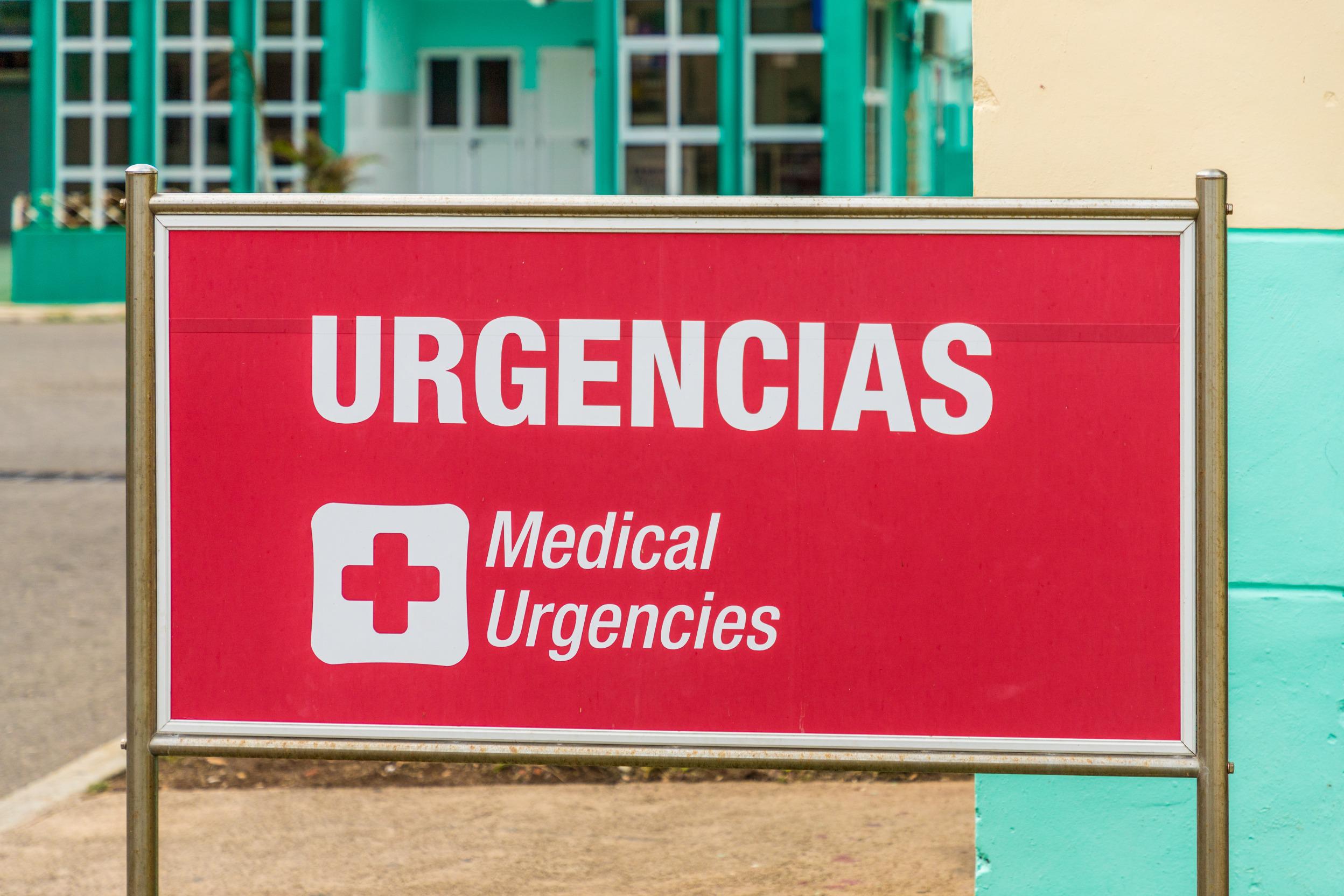Peru Declares Nationwide Health Emergency Due to Increase in Guillain-Barré Syndrome Cases
The Peruvian government has declared a nationwide health emergency in response to a surge in cases of Guillain-Barré syndrome, a rare neurological disease. The emergency, which will last for 90 days, aims to address the “unusual increase” in cases that have been reported across the country since June 2023. According to the latest reports from the MercoPress news agency, there have been 182 cases of Guillain-Barré syndrome in Peru, with four fatalities.
The decision to declare a health emergency follows a request from Peru’s Health Minister César Vásquez, who expressed concerns about a potential shortage of immunoglobulins, which are antibodies that play a crucial role in combating the disease. Although the exact cause of Guillain-Barré syndrome is still unknown, it has been observed that two-thirds of patients with the condition had reported symptoms of an infection in the six weeks prior. These infections include Covid-19, respiratory and gastrointestinal infections, and the Zika virus.
Guillain-Barré syndrome is a rare disease that damages the peripheral nerves, which connect the central nervous system (brain and spinal cord) to the rest of the body. It is characterized by a paralysis of muscles accompanied by sensory and functional alterations. The disease occurs more frequently in adults, especially males, and often manifests after an infection. Common infections associated with Guillain-Barré syndrome include food poisoning caused by Campylobacter jejuni, influenza A virus, herpes virus infections, and respiratory tract infections.
Although Guillain-Barré syndrome is not contagious, it is believed to be the result of an autoimmune reaction triggered by an infection. This reaction mistakenly targets the myelin sheath that surrounds the nerve or the nerve itself, leading to the paralysis and sensory impairments associated with the disease. In severe cases, the disease can progress to total paralysis and respiratory failure, necessitating assisted breathing and parenteral nutrition.
Currently, there is no cure for Guillain-Barré syndrome. However, two types of therapeutic interventions, plasmapheresis and immunoglobulin infusion, have been found to speed up the healing process and reduce the duration and complications of the disease if administered promptly. Plasmapheresis involves separating the liquid part of the blood, containing harmful antibodies, from the cellular part and reintroducing the latter into the body. Immunoglobulin infusion, on the other hand, aims to block the action of antibodies that damage the nerves by injecting high doses of antibodies from healthy donors.
Treatment for Guillain-Barré syndrome typically requires hospitalization and supportive therapies, including respiratory and cardiac monitoring, physiotherapy, and measures to prevent blood clots. In addition, pain relievers may be prescribed to alleviate the intense pain associated with the disease.
As the health emergency is implemented, the Peruvian government will work towards increasing awareness about Guillain-Barré syndrome, providing necessary medical resources, and developing strategies to control and prevent further outbreaks of the disease.
